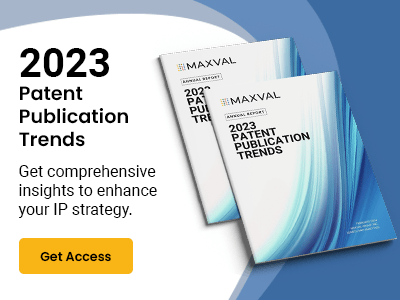With reports of security breaches occurring on almost a weekly basis, data security is a major concern for organizations today. And due to the sensitive nature of data managed by IP solutions providers, it is essential that data is protected against unauthorized access, theft, or misuse. There are a number of steps you can take to minimize risk, and ensure that your organization’s most valuable IP assets stay safe.
The first step in ensuring the security of your data is to choose a reputable IP solutions provider. Look for a provider with a proven track record, and one that has a comprehensive security policy in place. Gain insight into how they view security, and the team responsible for security. If the same engineering team is responsible for both software development and ensuring data security – that is a red flag. Check to see that any IP software used is supported by a dedicated security team, led by a Chief Security Officer.
Security certifications can be helpful in quickly understanding a vendor’s commitment to security. All IP solutions providers should be compliant with industry standards such as SOC 2 Type II. SOC 2 Type II is a set of standards for data security and is a widely recognized certification that attests to a company’s ability to protect the confidentiality, integrity, and availability of customer data.
Ensure that this type of certification covers more than just their hosting environment, which many providers can claim, but that it also covers their application and the company itself. The Type II certification requires ongoing evaluation and testing over a period of at least six months to ensure that controls are operating effectively, whereas Type I only evaluates whether a company’s controls exist at a single point in time. So if a provider was Type I certified years ago, it doesn’t mean much today.
In addition to SOC 2 Type II certification, make sure that any communication channels used by your IP solutions provider are secure. All data should be transmitted using encryption. This is especially true for initial implementation work when confidential IP information is being shared outside of normal IP management applications and operations.
And of course, employees of the IP solutions provider should receive regular security training to ensure that they understand the various threat vectors. This should include training on social engineering attacks, phishing attacks, malware, and other emerging threats.
Beyond the provider themselves, organizations should look for IP management software that uses advanced encryption methods to protect data in-transit and at-rest. Data encryption ensures that only authorized parties can access and read the data, even if it is intercepted or stolen.
IP management software should also support strict access controls to ensure that only those who need access to the data are able to view it. Look for password policies, SSO or two-factor authentication, and the ability to assign role-based permissions.
And of course, IP management software should be compliant with industry standards such as ISO 27001. It should also undergo regular vulnerability scans and penetration testing conducted by third-party experts. Doing so is essential for ensuring the security and integrity of any IP management system.





